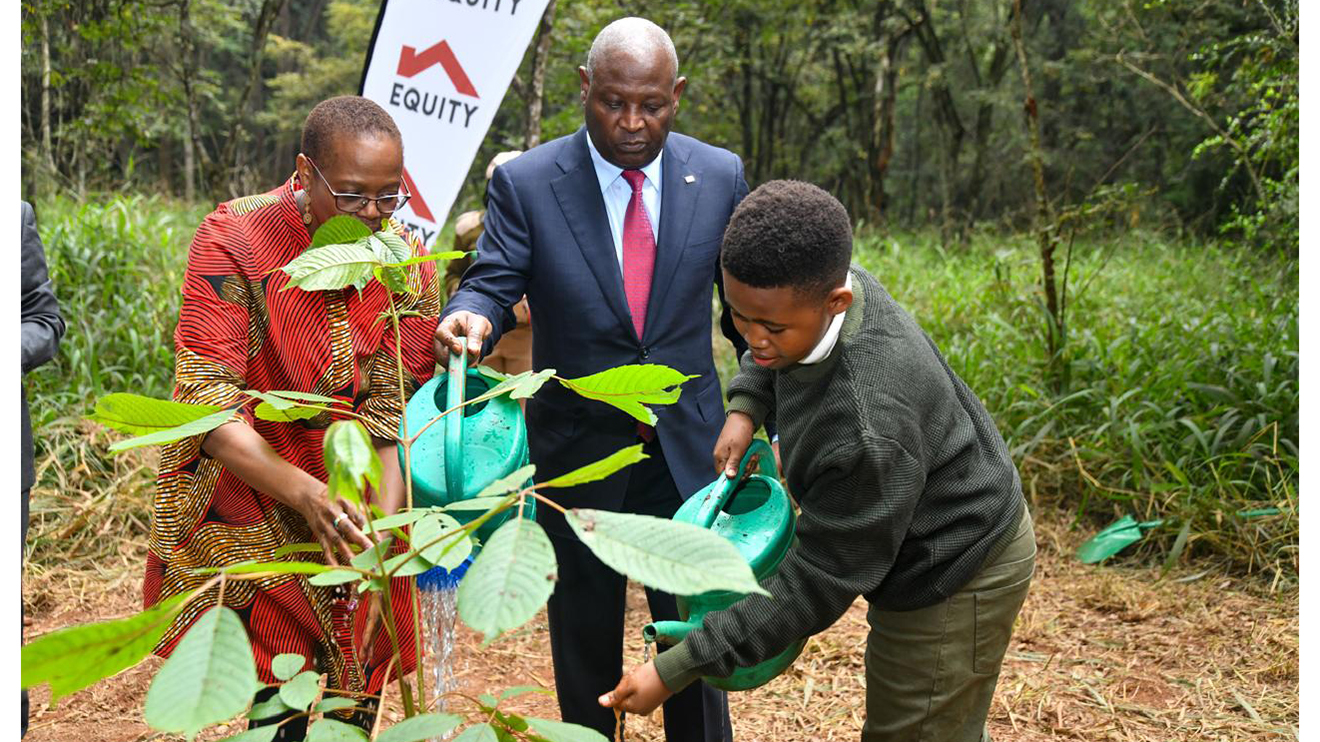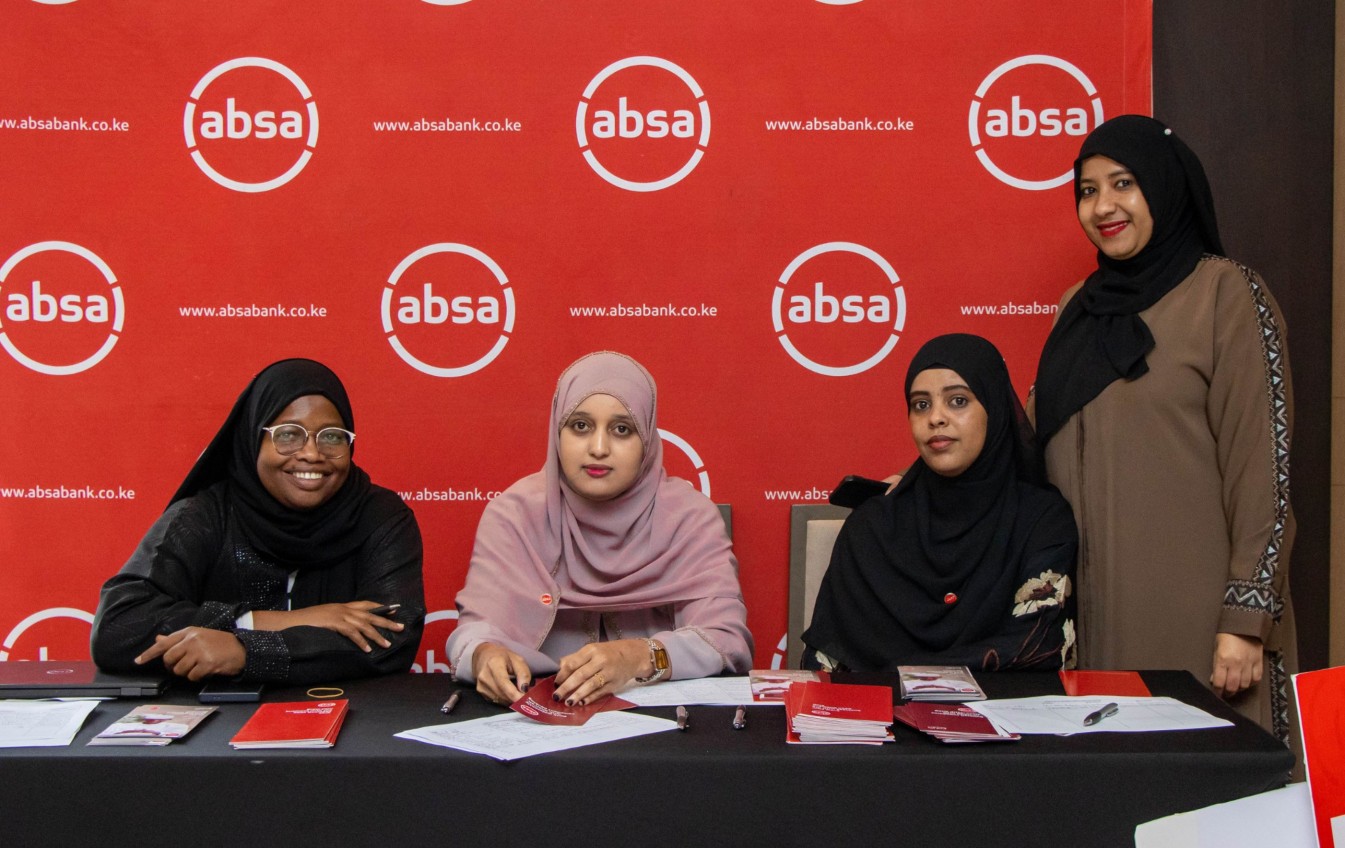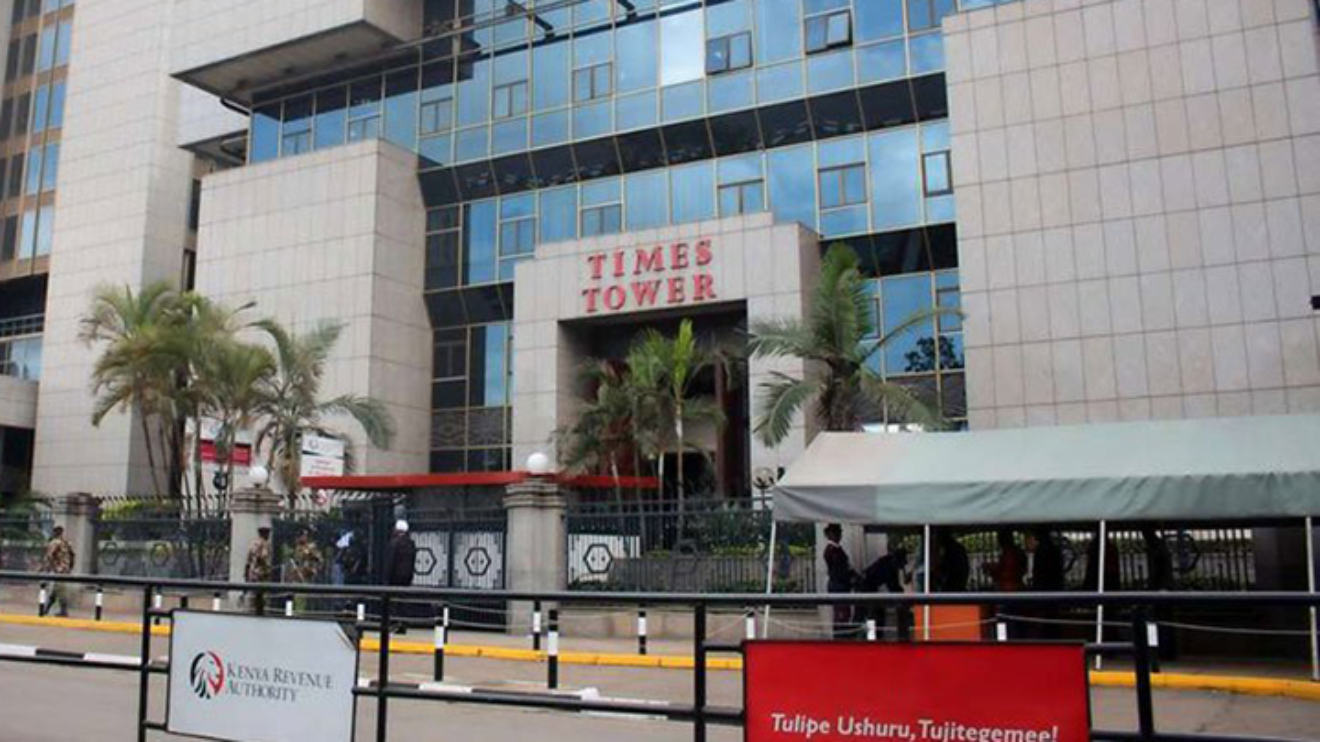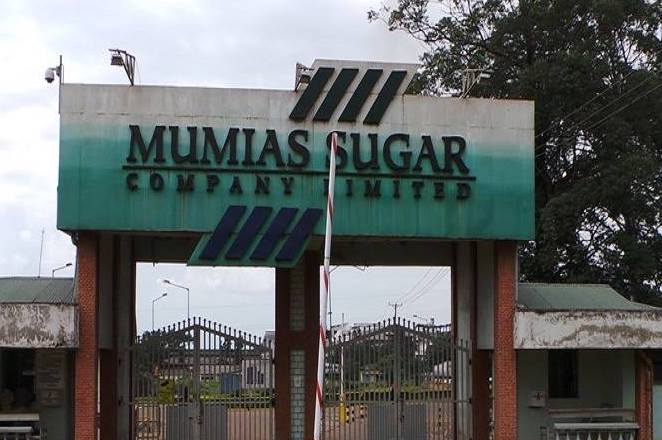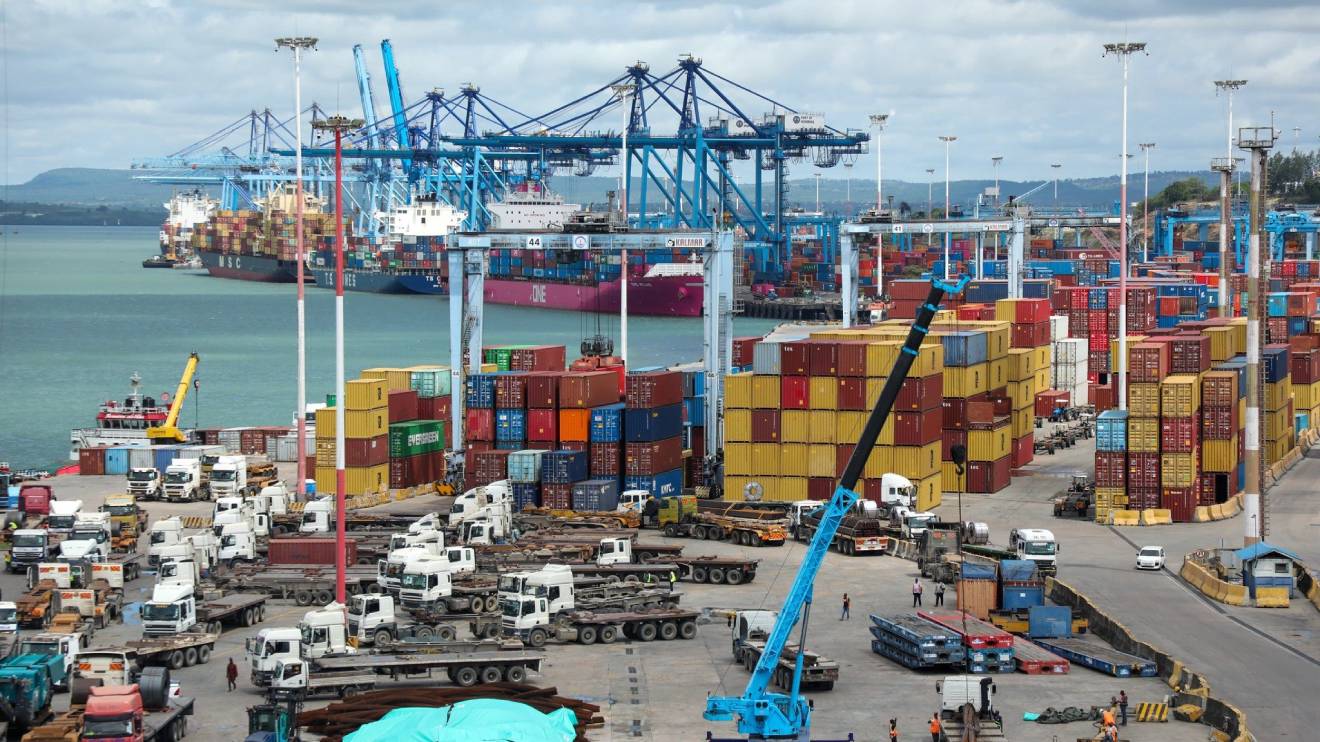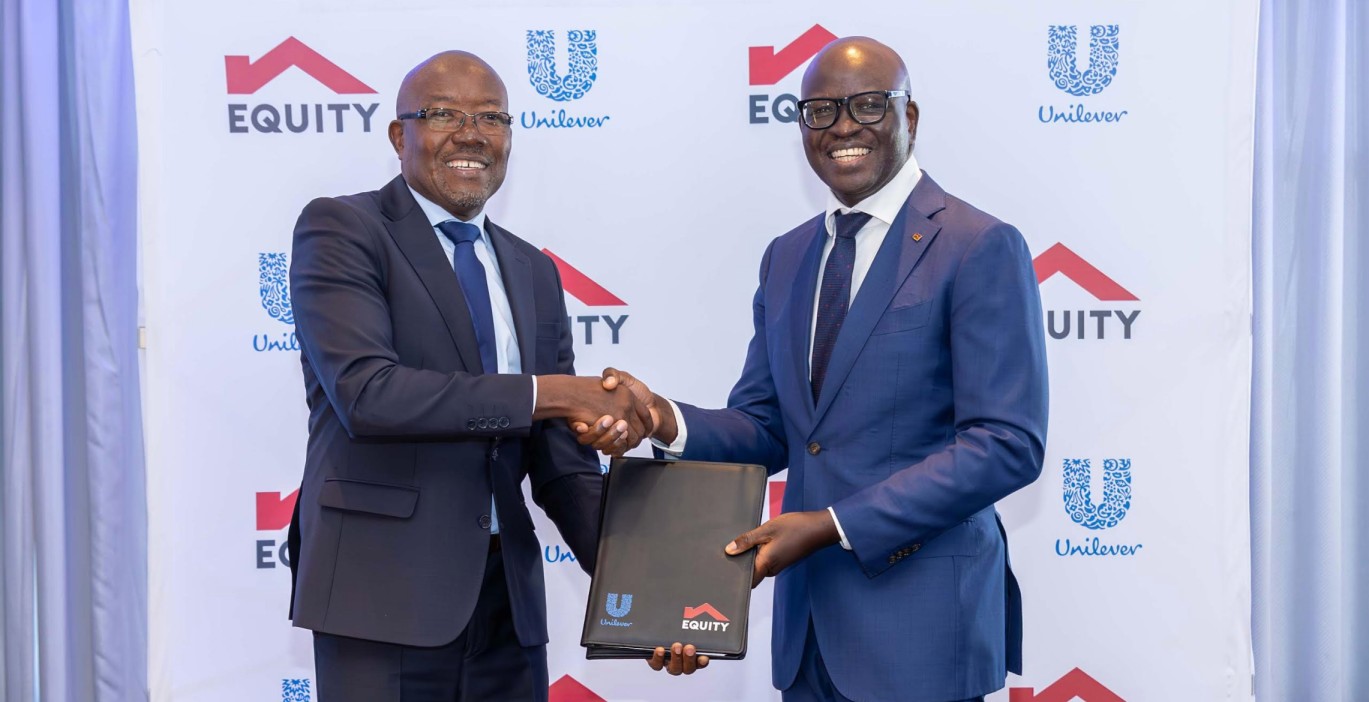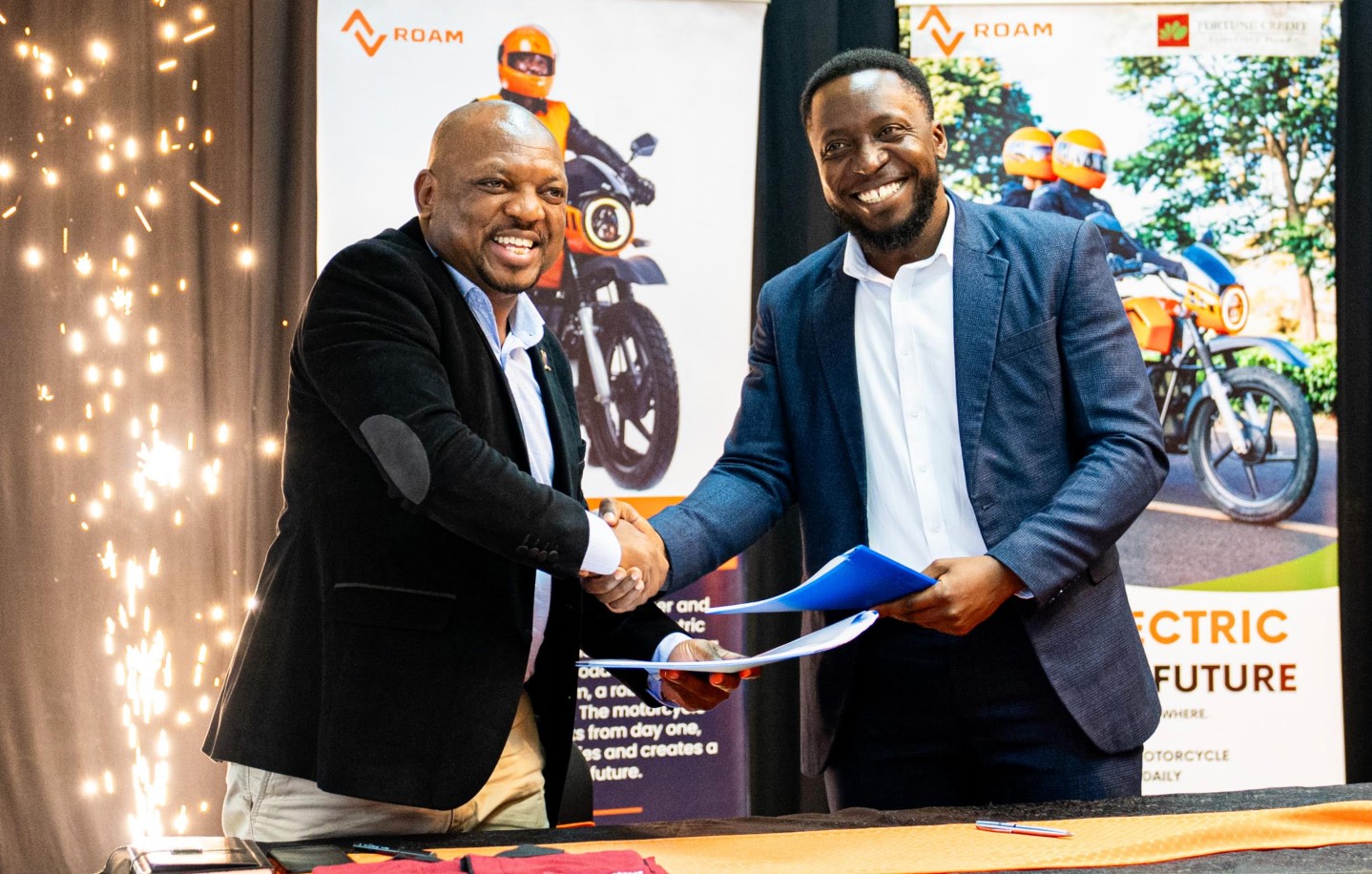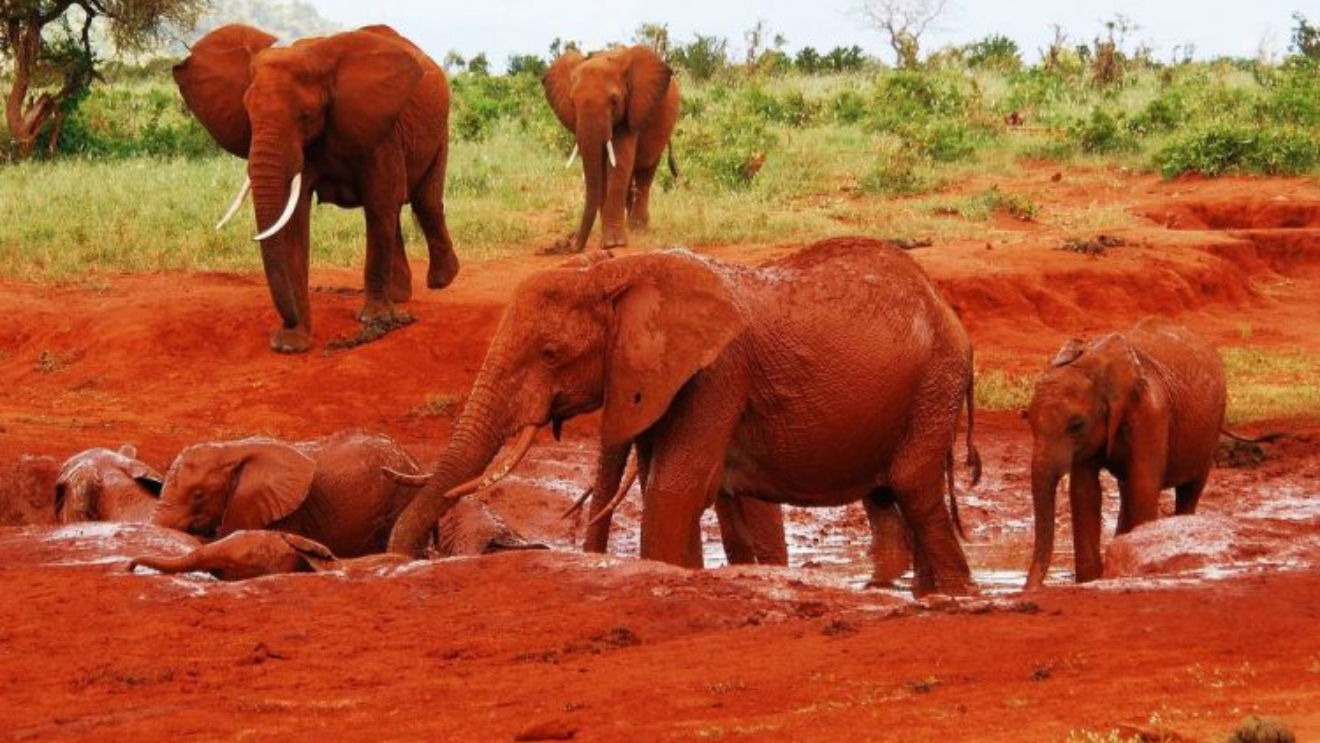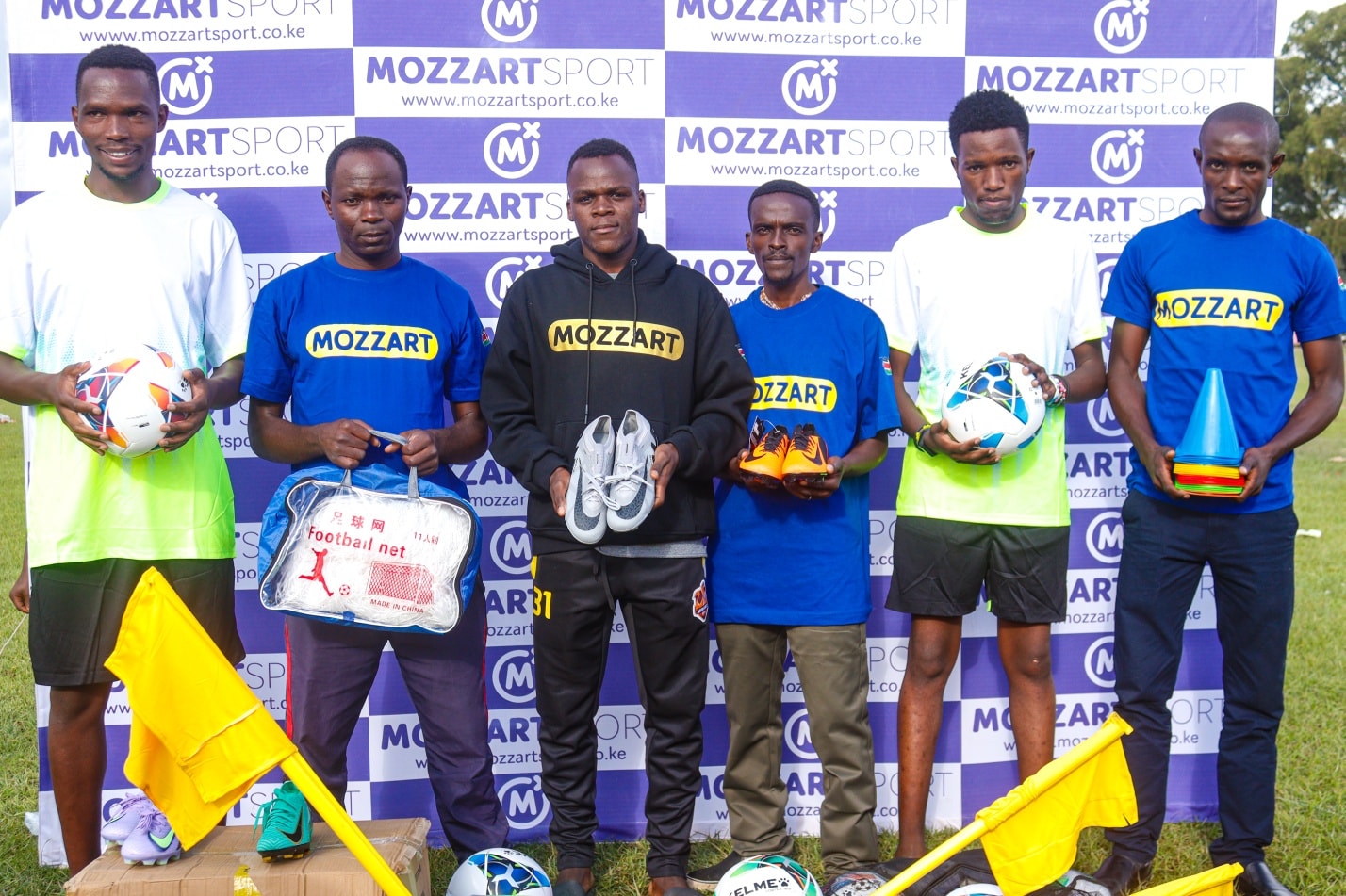Equity Group unveiled its third annual sustainability report for 2023 themed “A sustainable world is a transformed Africa” as part of its pledge to socio-economic and environmental change across its entire business.
The Equity Group Sustainability Report 2023 captures how Equity is adopting sustainable business practices and integrating Environmental, Social, and Governance (ESG) aspirations into its core business operations.
The targeted ESG operation in its transformation agenda include the integration of the Task Force for Nature Related Finance Disclosures as a new focus past climate risk management.
Equity Group MD and CEO Dr James Mwangi, who was speaking during the unveiling of the report, said the Group’s business model adopts a tri-engine approach with economic, social, and nature, and environmental focuses to ensure the realization of a positive impact.
“We have not only applied our efforts to realizing social impact, but also have a strong focus on environmental and nature stewardship, promoted through an intentional approach to addressing our own footprint and imparting knowledge to de-risk and empower our broader ecosystem,” said Dr Mwangi.
Read More
He added “We understand that a sustainable future requires mindful consideration of our impact on the planet, and this report demonstrates how Equity is leading the charge in this effort.”
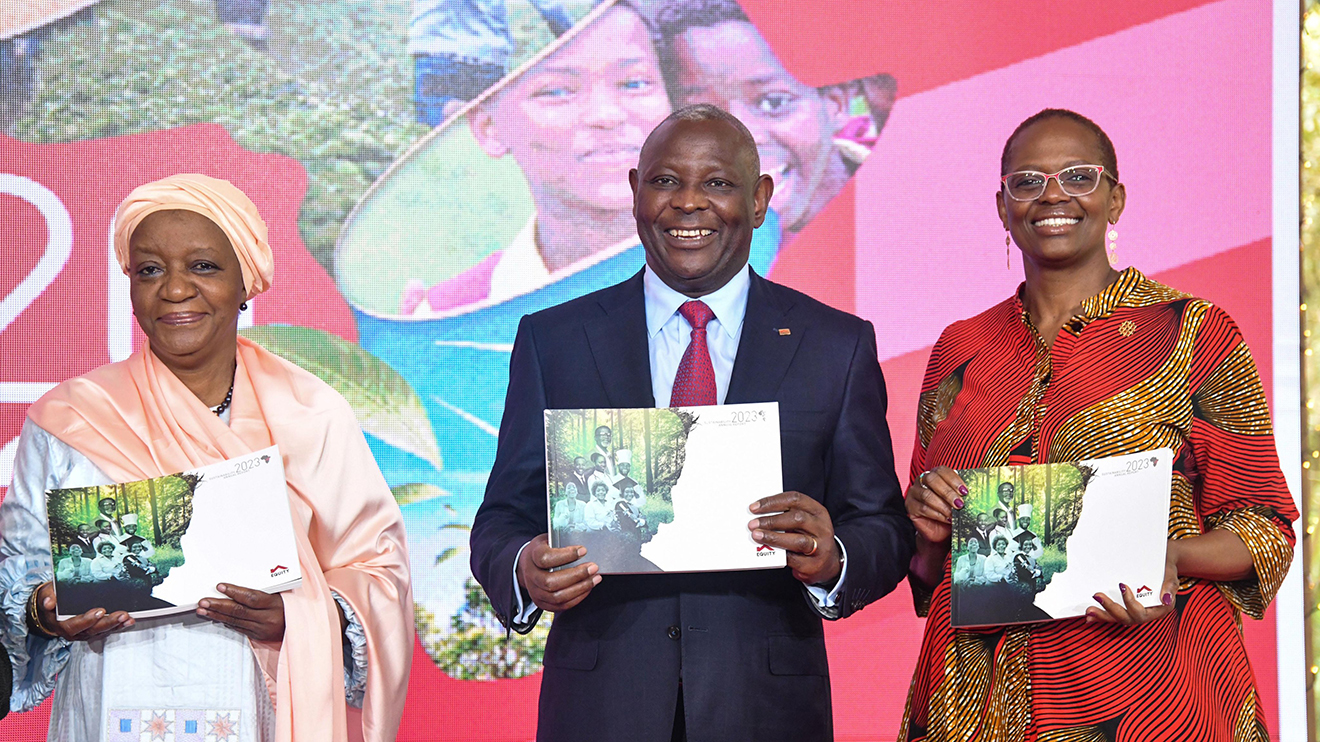
Equity Group Chairman Professor Isaac Macharia noted that the report provides a steadfast vision to fast track sustainable, socio-economic prosperity across the continent of Africa.
“We strongly believe that deepening sustainability is not just a moral imperative, but also critical for the long-term health of the business, as sustainable institutions are better placed to thrive and create value for all stakeholders in the long term,” stated Professor Macharia.
The Equity Group 2023 Sustainability Report captures how the groups is proactively driving positive change in the society, measures which has received recognition across the globe.
International Finance Corporation (IFC) ranked Equity as the global leader with the highest climate-related transactions among 258 financial institutions globally, and Euromoney feted it as the Best Bank for Corporate Social Responsibility in Africa for two consecutive years.
UN Under-Secretary-General and Director-General of the United Nations Office in Nairobi, Zainab Bangura, lauded Equity for coopting sustainability into its profitability endeavours.
“The work you do as Equity makes it clear that the role of the private sector in delivering a more sustainable world is key. You are leading the way in showing the world that profitability and sustainability can co-exist,” said Bangura.
The three main components of Equity Group’s sustainability approach are:
1. The promotion of environmentally friendly business operations, including energy and resource efficiency, water and waste reduction practices in its offices and branches.
2. A commitment to the continuous improvement of its business approach and market offerings to ensure they reflect best practices for Environmental, Social, and Governance (ESG) criteria. This includes offering sustainable finance, credit and investment products as well as continuing its long-standing practice of promoting financial inclusion, maintaining stringent ethical standards for all its operations and being a responsible employer.
3. The recognition that deepening sustainability cannot be achieved by any single institution.
The Group urged stakeholders and partners to support it to realise its strategic ambition in its Africa Recovery and Resilience Plan (ARRP) to achieve long-term transformation of Africa.
Wanjira Mathai, Managing Director of the Africa Division of the World Resources Institute, called on the participants to focus their efforts on the present and future of the continent.
“We must begin to think of a shift in narrative, instead of only envisioning the Africa of tomorrow, we must also concentrate on the Africa of today.”
On his part, Baraka Moruri, the Little Mr Environment Kenya 2023 pushed for the planting and nurturing of trees to improve the environment and quality of lives across the continent.
“I started my journey a few years ago and, so far, I have been able to plant 7,900 trees. Let's just not plant trees, let's also nurture them until they are able to stand by themselves.”
Equity operates in seven markets; Kenya, Uganda, Tanzania, South Sudan, Rwanda, DRC and Ethiopia (representative office) where it is seeking to deepen environmental stewardship.
Key aspects of Equity Group Sustainability Report 2023:
Energy: In 2023, Equity Group observed fluctuations in grid-based energy consumption. Some regions experienced a slight increase in energy consumption, including Rwanda (by 0.4%) and DRC (by 13.1%). Kenya reduced its energy consumption by 9.7%.
On energy intensity per staff, it is observed that the highest consumption figures are recorded in the DRC at 4,307 kWh per staff. However, there was an improvement of energy intensity by 7% compared to 2022.
Rwanda saw the highest energy intensity at 1,679 kWh per staff, representing a decrease of 15 per cent. Following Rwanda and DRC, Kenya recorded electricity consumption at 1,482 kWh per staff, indicating a reduction of 6% compared to 2022.
Waste: Equity aims to minimize overall waste generated and eliminate waste sent to landfills from all subsidiaries and subsequently branches across the region.
In 2023, the Group tracked waste generated in Kenya identifying various waste streams including glass, paper, metals, organic matter, plastics, medical waste, and e-waste.
Paper waste accounted for 72% of the total waste generated, totaling 316 tons.
In Kenya generated wastepaper continues to be recycled through support of a circularity approach with our suppliers.
Some of the initiatives that were implemented to reduce waste generated include reduction in printing through digitization, engaging of e-waste recyclers, roll out of reverse osmosis water points across business premises and usage of glass water bottles in place of single use plastic bottles in operational activities where reverse osmosis has not been deployed.
Water Consumption: In the year 2023, the total water consumption in the Group totaled 57,235 cubic meters. The Group continues to monitor and improve related data collection regarding this metric. The Group is also implementing systems to reduce water use across its operations, reflecting its commitment to sustainable water management.
Our People: Equity Group recognizes the important role that its staff play in its success.
To this end the Group established an Employee Share Ownership Programme with 198,614,463 ordinary shares at Sh0.5 each, which amounts to 5% of the share capital of the Company, which was approved by the shareholders, driving a strong sense of ownership.
The capabilities of staff to tackle modern financial challenges is important. To address this the Group spent over Sh316.5 million on employee training.
The report further showcases Equity Group’s steadfast commitment to its social engine ‘program pillars.’
Education and Leadership Development: Equity Group Foundation seeks to break the cycle of poverty and develop the next generation of leaders through increased access to secondary and tertiary education.
The Wings to Fly and Elimu scholarship programs have seen 60,009 brilliant scholars receive comprehensive high school scholarships, while the Equity Leaders Program (ELP) has supported 23,825 University scholars and alumni of the program.
The program has seen 891 scholars attend global universities, including 199 who have attended the Ivy League universities.
Health: In its flagship Health program, Equity Group Foundation has increased access to comprehensive health financing and private sector-led, affordable, high-quality, and standardized health services.
At the end of 2023, Equity Afya had launched a total of 98outpatient medical centers in Kenya and so far, it has been able to manage over 2.1m patient visits.
Equity Afya continues in its expansion strategy, with ongoing rollout in DRC, and continues to avail quality, affordable health services across the franchise network.
Food and Agriculture: Equity Group Foundation helps create jobs, improve market access, and expand agricultural production by working in partnership with small and medium-sized farmers to increase their production capabilities, business acumen, and access to technology and financial services.
In the agriculture sector, EGF under its Food and Agriculture pillar has impacted over 3.8 million small scale farmers and supported over 292,362 MSMEs in the agriculture sector.
It has delivered these efforts through technology, training of over 186,077 farmers and over 18,030 Micro-Small and Medium Agriculture Enterprises, access to markets and access to finance.
Enterprise Development and Financial inclusion: Equity Group Foundation stimulates job creation and economic growth by providing Micro, Small and Medium Enterprises [MSMEs] with advice, mentorship, and entrepreneurship training.
In 2023, Equity Group Foundation trained over 2.4 million youth and women in Financial Education; 517,2467 MSMEs trained in entrepreneurship with over Sh275.3 billion disbursed to trained youth, women and MSMEs.
Energy, Climate Change and Environment: Equity Group promotes the conservation and smart use of natural resources by expanding forest cover, improving water security, and promoting the use of renewable energy and energy-efficient technologies.
The Group continues to contribute to combating climate change through nature conservation and promoting renewable energy.
Through the Equity Group Foundation over 25.2 million trees have been planted and over 420,243 clean energy products distributed to institutions and households.
This has saved over 539,000 trees. The Group has been able to disburse over Kshs. 24Bn towards climate finance covering energy efficiency, renewable energy, climate smart agriculture
The Group further recognizes that water is not only essential for life but also serves as a fundamental resource for various socioeconomic activities.
Access to clean water is crucial for health, sanitation, agriculture, and economic productivity.
Through our initiatives, over 105 million litres of water storage have been installed, profoundly impacting the lives of more than 20,000 households.
Financial Inclusion: Equity Group maintains its focus on providing inclusive Financial Services that transform livelihoods, give dignity, and expand opportunities.
To ensure we achieve this, the Group leveraged technology to see over Sh11.72 billion transactions done digitally, Sh240.7 billion transactions under mobile banking and internet banking, 28.17bn transactions under agency.
This has seen a last mile financial reach to customers who would otherwise remain underbanked.
Social Protection: Equity Group Foundation is committed to reducing social and economic risk and vulnerability, and to alleviating extreme poverty and deprivation through cash transfer programmes.
The Group has reached 5.4 million individuals with social assistance programs including cash transfers, fee waivers, subsidies and social pensions delivered to vulnerable and marginalized populations.
Cumulatively, Sh138.39 billion has been disbursed via cash transfers under these programs.
Capacity building has been availed as a pathway to transition beneficiary cohorts into economic stability and self-reliance.
The comprehensive report encompasses the entirety of Equity Group, comprising Equity Group Holdings Plc, alongside its esteemed banking subsidiaries in Kenya, the Democratic Republic of the Congo (DRC), Uganda, Rwanda, South Sudan, and Tanzania.
Additionally, it includes the Representative Office in Ethiopia, the Equity Group Foundation (EGF), and the subsidiaries Equity Investment Bank, Equity Bancassurance Intermediary Limited, Finserve Africa Limited, Finserve Africa Trustees Limited, Equity Life Assurance (Kenya) Limited, and Equity Group Insurance Holdings Limited.

